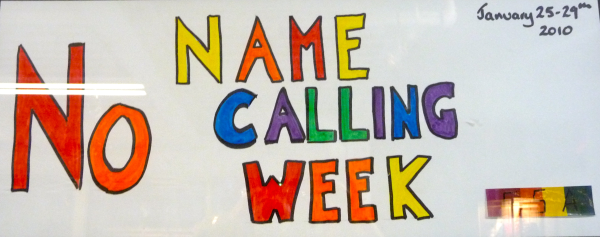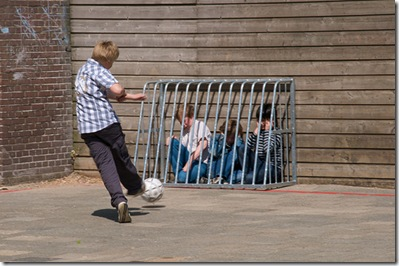Do you think a cyberbully is a terrible person whose sole goal in life is to make others miserable? If only it were so cut and dry.
Actually, there are lots of ways to bully someone online, and plenty of “good” kids exhibit cyberbullying behavior from time to time without realizing what they're really doing. Some studies on cyberbullying report that as many as 1 in 5 of their respondents admit to some form of cyberbullying
Does your child know that the following behaviors all qualify as cyberbullying
Spreading rumors about someone online
-
Directing derogatory language or slurs at someone

















 Facebook seems to have more of an interest these days in keeping its users, particularly children and teens, safe from social networking dangers such as cyberbullying and
Facebook seems to have more of an interest these days in keeping its users, particularly children and teens, safe from social networking dangers such as cyberbullying and .jpg?width=231&height=154&name=Depositphotos_24869343_xs_(1).jpg) Sexting. To a parent’s ears, even the name is scary. Here are some of the straight facts about
Sexting. To a parent’s ears, even the name is scary. Here are some of the straight facts about  The cyberbullying-induced suicide of Massachusetts teen Phoebe Prince in March put cyberbullying back in the spotlight. Parents need to talk to their kids, not only about what to do if they are cyberbullied themselves but also how to stop it from happening to their peers and how to avoid becoming cyberbullies themselves.
The cyberbullying-induced suicide of Massachusetts teen Phoebe Prince in March put cyberbullying back in the spotlight. Parents need to talk to their kids, not only about what to do if they are cyberbullied themselves but also how to stop it from happening to their peers and how to avoid becoming cyberbullies themselves.